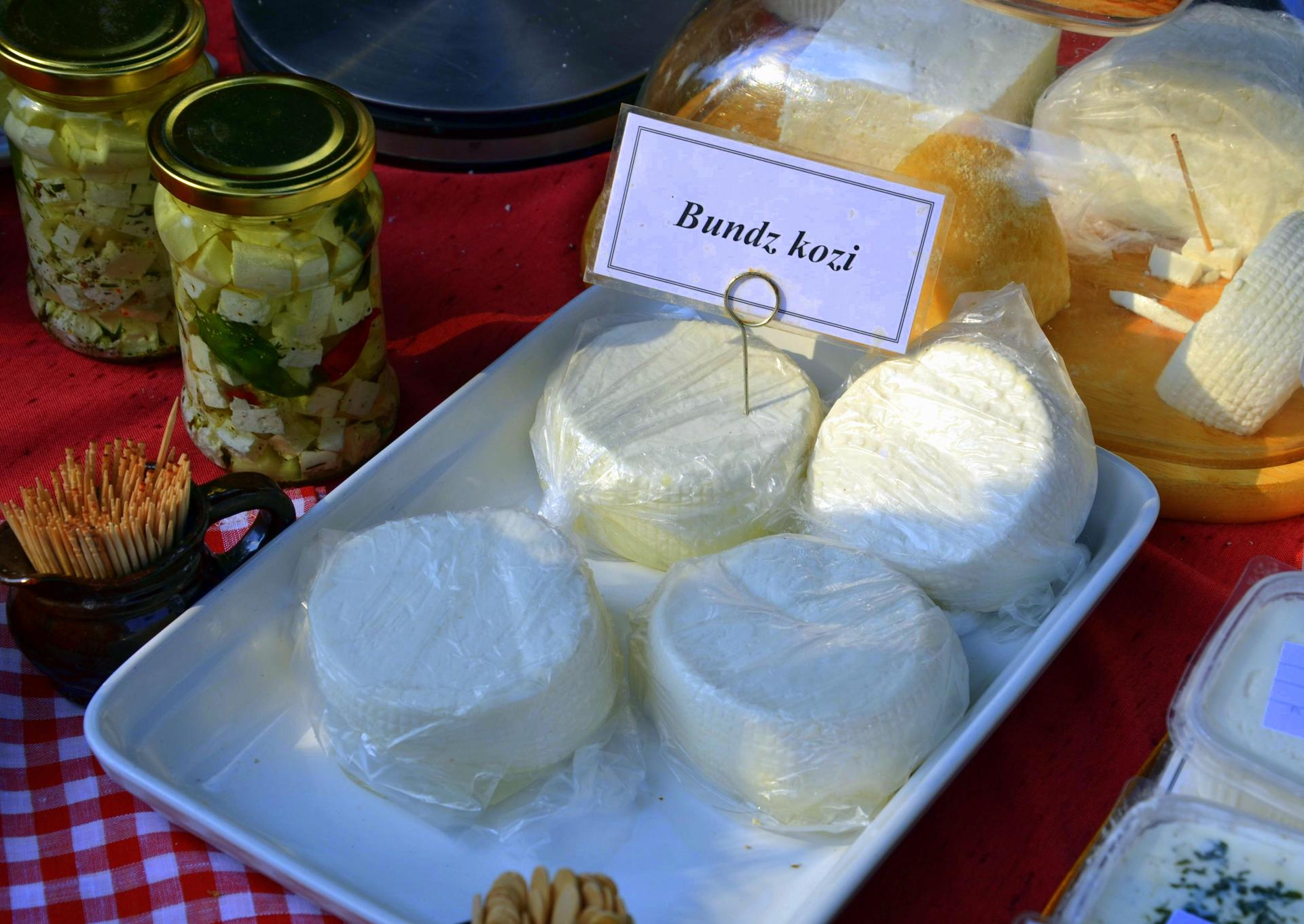A listing of the top 10 cheeses in the world caused a stir this year when it failed to include any French products.
But less noted in the ranking by Taste Atlas, a food guide voted for by an international audience, was the inclusion of a Polish cheese called bundz.
The accolade comes amid something of a renaissance for Polish cuisine.
Bundz, a light, creamy sheep-milk cheese, has been produced in the mountainous south of the country for hundreds of years.
Józef Słodyczka is a shepherd. He’s 72, and he’s been making the cheese for almost six decades.
The secret of bundz’s success, Słodyczka said, is the high quality of the mountain grasses eaten by the sheep.
He said the cheese has to mature in a shepherd’s hut, where wood fires burn to infuse it with a lightly smoked flavor. It’s the traditional method that has been used for generations, including his father, and now, his son.
He speaks in the local mountain dialect, Goral, interpreted by a guide from the national park.
For Słodyczka, it’s currently lambing season. Next month, Słodyczka will walk hundreds of sheep up to the highlands where they’ll graze and be milked three times a day. Then, the shepherd will make the cheese by hand.
“This is very, very hard work,” he explained, lightly flexing his arm. The day starts at 4 a.m. At night, there’s little rest — he has to keep an eye out for bears and wolves that, given the chance, would take his flock.
A major concern is the lack of younger people interested in taking up the role.
But, for him, the work is all worth it — even before the cheese was getting this international recognition.
In Warsaw, a number of fashionable restaurants are putting Polish products front and center. Among them is Źródło, run by Adrian Gorniak.
As his kitchen prepared for dinner service, he spoke about the virtues of local cuisine.
“When I opened this place, there [was] only one direction in my mind, my thinking about the gastronomy. I just want to care, and I want to show Polish cuisine because we have a beautiful tradition.”
When bundz is in season, the restaurant’s chefs will serve it on top of dumplings with spinach and sun-dried tomatoes.
For Gorniak, the Taste Atlas listing is just the first step in what should be wider recognition. He said Poland is a melting pot for different ideas and traditions.
“We make it in our way, but we pick those ingredients or ideas from the different countries because Poland is in Central Europe, so we have the cross of the streets, rivers … and the cuisine, of course.”
For others in the industry, food plays an important role in bringing a politically divided country together.
Goska Ewy, along with her husband, runs a restaurant in the southern city of Krakow.
“I think that food is one of those things that is the least political in the discussion because we’re totally polarized when it comes to our economical views, how, generally, we see human rights, the role of women, gay rights and all those things.”
Those divisions are particularly keenly felt ahead of the fall’s unpredictable elections.
But culinary traditions — like the production of bundz — might just be something the whole country can get behind.
